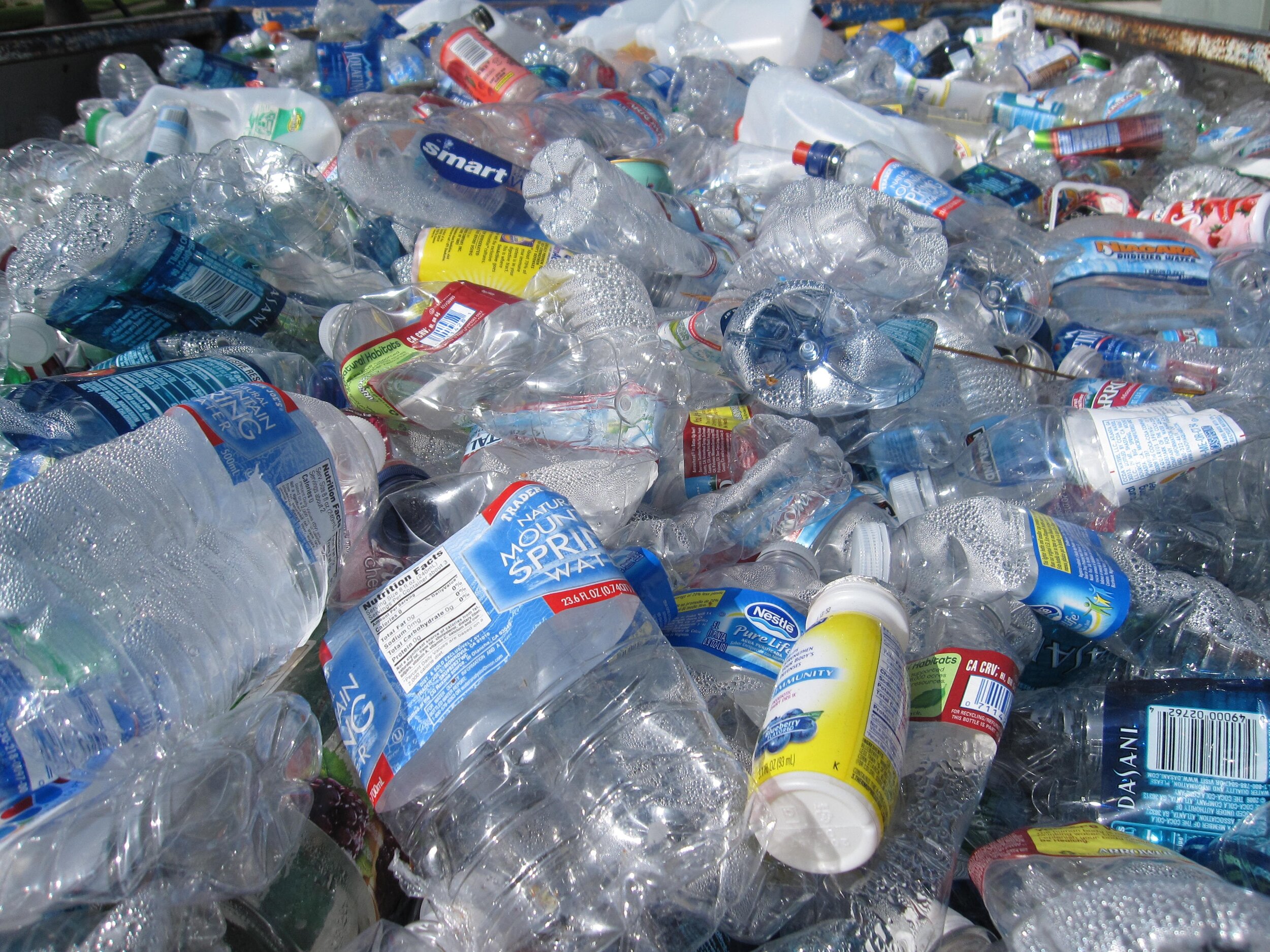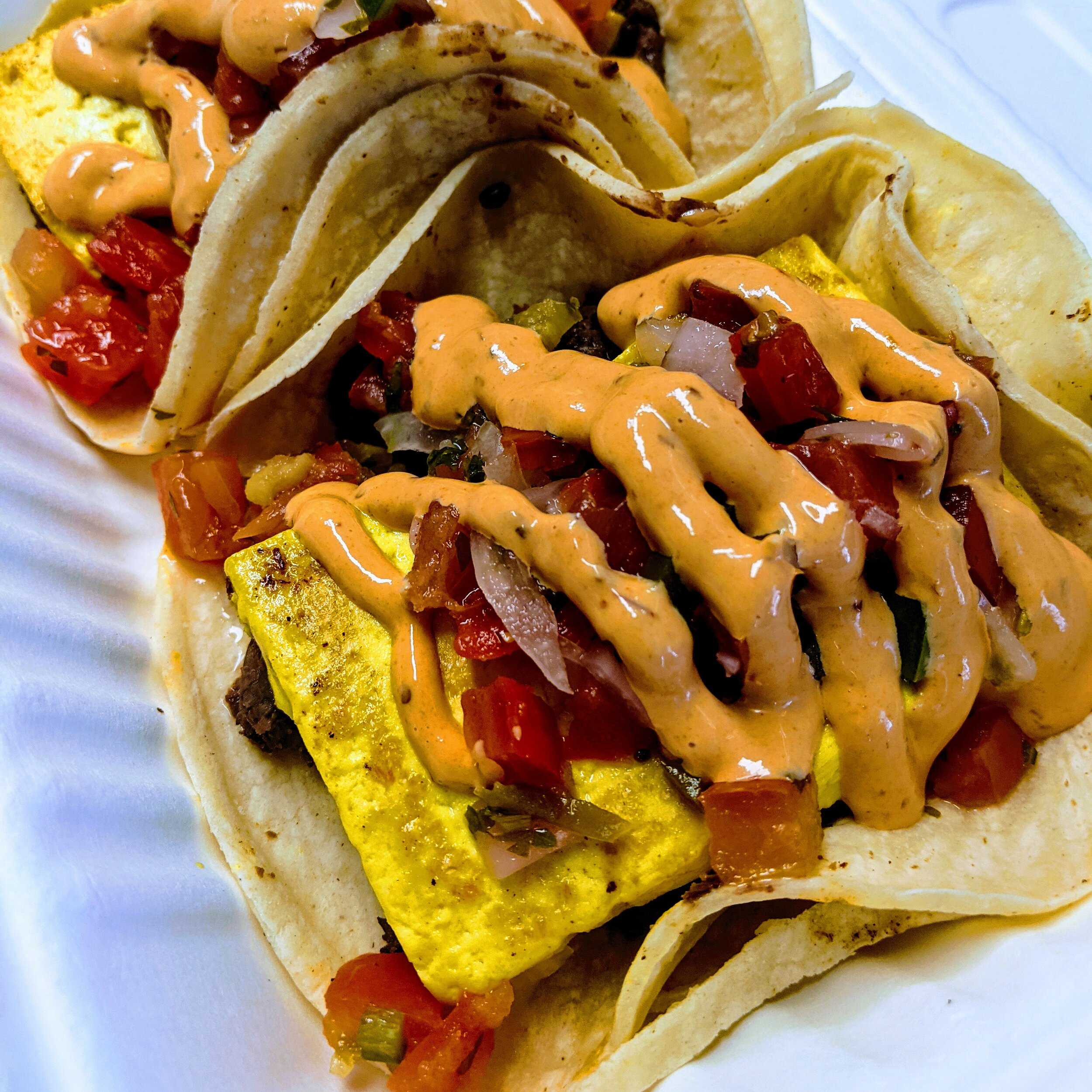Trump sycophant and stooge Sebastin Gorka once said that the New Green Deal is like a watermelon: “It’s green on the outside but bright red on the inside.”
As much as it pains me to give print space to someone like Gorka, this may be one of the best explanations of this aspirational legislation that I had heard from right or left. Rather than shy away from the socialist ideas that make the Green New Deal work, sustainability advocates should embrace them.
For too long sustainability champions have subscribed to what I feel is the misguided view: that the basic tenets of being green are powerful enough to transcend our current economy and transform our society into a new age of prosperity, abundance and equity.
But what the COVID-19 pandemic has laid bare is that our planet’s increasingly nationalist model of capitalism is incompatible with an equitable, sustainable and circular economy.
Pre-pandemic, it was a small group of wonks and environmentalists that truly understood how broken our recycling systems were. It wasn’t until a large number of Philadelphians continued to watch their recycling get trashed most weeks in 2020 that facts such as 9% of all plastic has ever been recycled is now popularly understood.

As stark as that fact is, it’s not solely because packaging and manufacturing companies aren’t trying to make a change. They do invest in technologies to recycle their material. But we have a disjointed global manufacturing system where one piece of the supply chain makes a decision based off of their own market interests while disregarding the needs further down the supply chain if it doesn’t meet their bottom line. And government subsidized oil makes raw plastic more “cost effective” than recycled material. So as Frontline reported, plastics manufacturers slap the recycling symbol on all of their products to signal they could be recycled even though there is no market for the material.
What would be better would be a circular packaging industry based on the reuse of packaging as I have written about before in Grid. Even though these systems would create many local jobs and improve our local economy, they would reduce the market share of the multi-billion dollar single use plastic industry as well as take much greater international cooperation that’s becoming more difficult as protectionist nationalism is on the rise world-wide. So the corporate lobbyists continue to fight against single use plastic bans and employ scare tactics against reusables while their products destroy our oceans and litter our streets.
Or take one of the most vexing statistics I encountered during my work in zero waste and the circular economy. As a nation we waste 40% of our food between when we buy it at the grocery store but before we can actually consume it. If that watefulness isn’t detestable enough, this is happening in a city like Philadelphia where 25% of people don’t have enough food to eat.
Again, before the pandemic these were stats ones that people paying attention to the issue knew. But when we started witnessing school students line up at recreation centers to get emergency meals while their schools were shut down at the same time restaurants were shuttering their doors due to the pandemic and having to throw away vast amounts of food, it was impossible not to see that something is severely wrong with this system.
There are a myriad of reasons as to why this is the case, but here’s a simple explanation.
As the industrial farming revolution ushered in an era that has eradicated widespread famine due to crop failure world-wide, it still can’t solve the issues of poverty and hunger. This is the case because when you look at federal subsidies for food (which is a socialist concept), much of the money is going to farmers to make the land as productive as possible.
Now forget about the fact that this overproduction of the land has led to grave topsoil erosion or the overuse of industrial herbicide and pesticides on our food. It also leads to the flooding of our market with incredibly cheap food that’s based on the exploitation of incredibly cheap, oftentimes immigrant, labor as well as the subsidies from our nation’s tax money to pay farmers to grow vast amounts of food sometimes and no food at all at other times.
But at the end of the day, it doesn’t matter how much of this food ends up on our grocery store shelves. As long as the grocery chains keep buying the overabundance and stocking it on the shelves regardless of it it gets consumed or sometimes even bought. So grocery stores then have razor thin margins and struggle to pay these “front-line workers” livable wages. And then these low wage workers are then shamed for not being able to afford food and are vilified as they need to go on public assistance.
Wouldn’t it be better if instead of paying farmers to overproduce food, we stop stigmatizing food stamps and instead put more publicly subsidized money in the pockets of everyday Americans so they can actually buy more of this food so we can achieve more of an equilibrium between the food produced and the food consumed.
I’m sure when Sebastian Gorka used the word red as a reference to socialism, he hoped to invoke the gulags of the Soviet Union. But as the political tides have turned, more and more people actually think of things like McDonald’s employees in Copenhagen who are making $22 per hour with free healthcare and education for their families.
But with all of the vague calls of unity around our American ideals or the pandemic-induced notion that we’re all in this together, something still holds as back as a society, especially in America, from fully adopting changes that will lead to a sustainable and circular economy. And we must move past this.
If we can’t figure out how to create circular systems that reduce waste and actually recycle materials, then more than half of us have our recycling end up in the trash or littered on the streets that we all need to walk on. If we can’t figure out how to create a more circular and equitable food system, then restaurateurs and grocers struggle while other families go hungry.
We have the choice. I’ll take the more circular, sustainable, socialist one.










